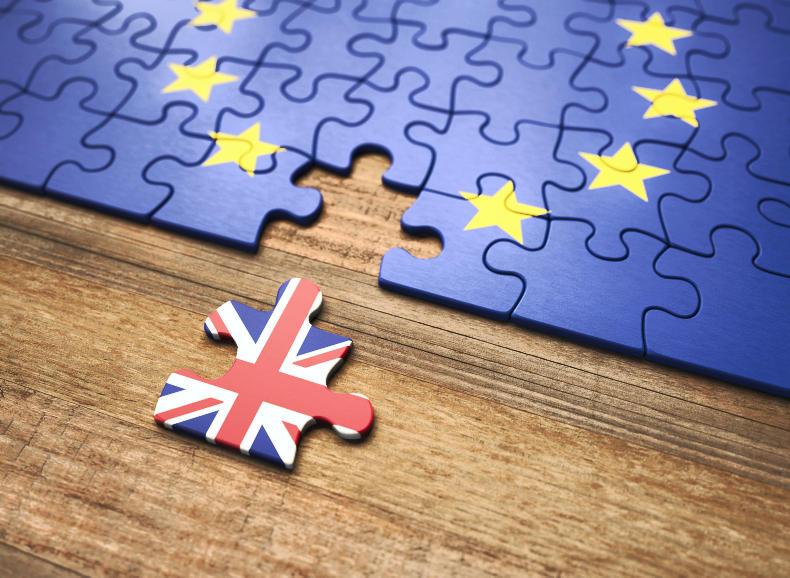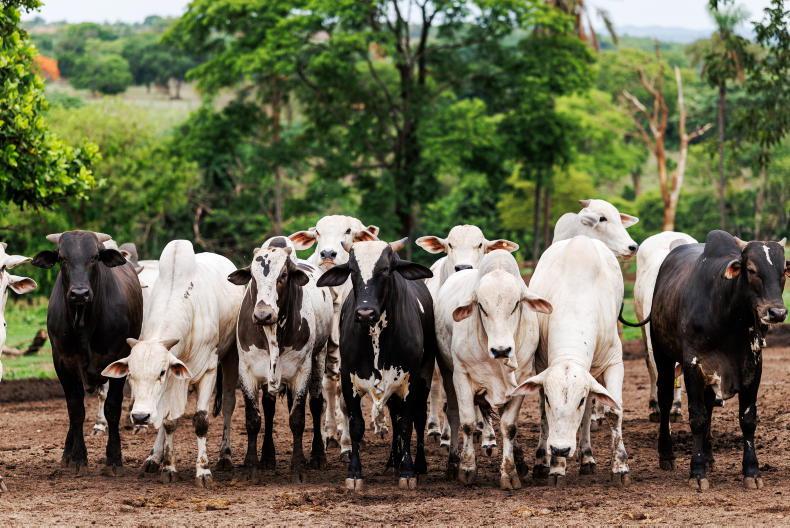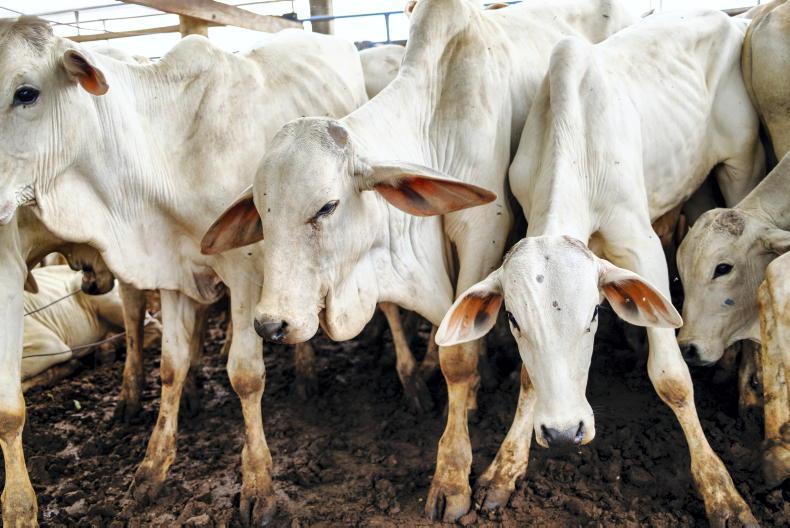The Tánaiste outlined on Tuesday what a no-deal Brexit would look like from an Irish perspective and it is a series of negatives, especially for cross-border trade in agriculture.
With the UK having published its terms for trade in a no-deal Brexit situation back in March, everyone is now aware of what a future with the UK trading with the EU as a third country, the same as Brazil, would look like. Trading on these terms will potentially deliver the greatest catastrophe ever experienced by agriculture on the island of Ireland in living memory.
Irish and EU position
Starting with the explanation of the terms of north-south trade in the event of no-deal as explained by the Tánaiste, it is clear that protection of the EU single market will effectively mean the exclusion of northern milk and lambs from southern creameries and factories. Veterinary certification isn’t the biggest deal because livestock coming south currently are accompanied by a veterinary cert. This is relatively straightforward in that the vet checks that the livestock are fit to travel and issues the certificate to the destination, usually a factory in the south.
The no-deal terms mean advance notification and a tariff that commercially makes sending product north to south not viable.
UK terms for trade
Back in March, the UK announced the terms under which it would conduct trade in agricultural produce in the event of a no-deal exit from the EU.
Cereals will be able to come into the UK without any tariff, while there are a range of tariffs in place for other commodities. Pigmeat imports will carry an import tariff of 13% on average while sheepmeat (of which the UK is a huge exporter) will carry a full WTO tariff.
Dairy
There will be a €605/t tariff for butter and €738/t for butter oil, about one-third of the current WTO tariff. For the cheeses with tariffs, the rates range between €180/t and €290/t, and are generally just 13% of the current WTO tariff. Tariffs that currently exist on dairy products such as milk, cream, powder and yoghurt will drop to zero.
What will affect the largest number of farmers on the island of Ireland is how beef will be treated. The UK is a huge net importer of beef so, to avoid a massive increase in price, it will create a 230,000t beef quota at zero tariff that is open to all comers.
This will mean the UK market is open for Irish beef, but we will be going head to head with Brazil for shelf space, as will Northern Irish farmers and all farmers from across Britain in a market that will be seriously devalued.









SHARING OPTIONS